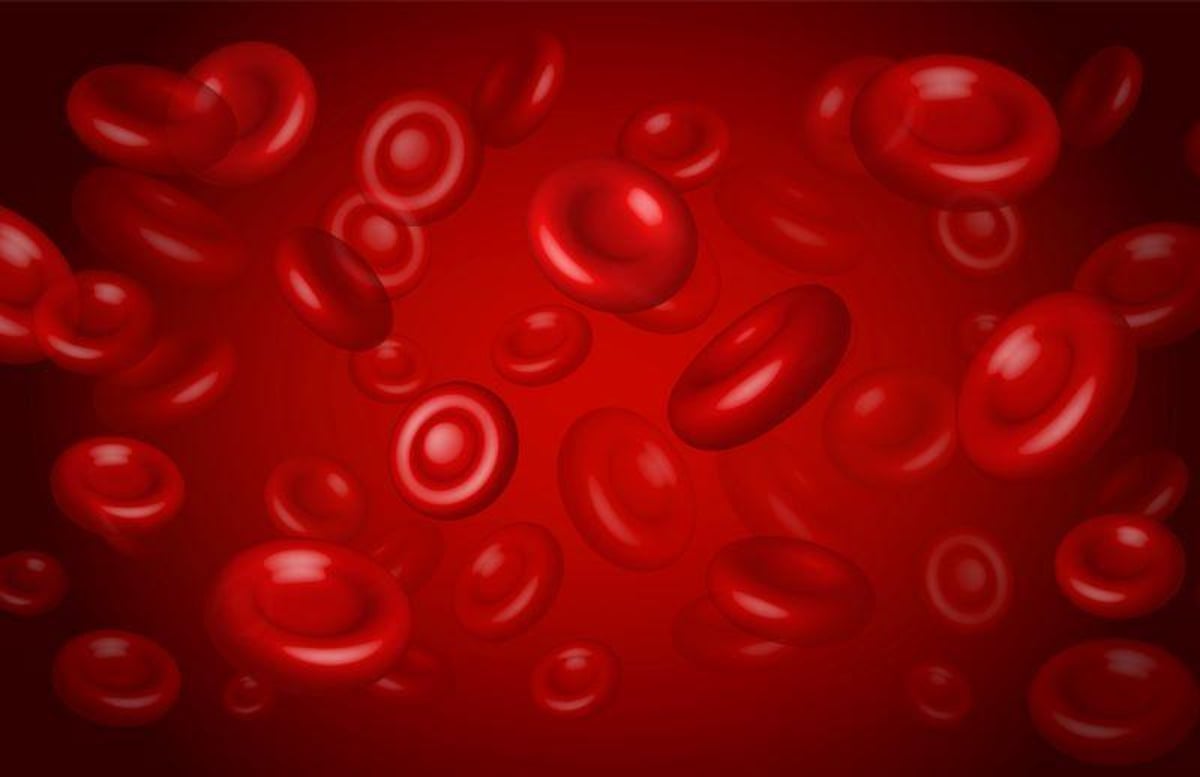Concizumab May Be Effective Prophylaxis for Hemophilia A or B With Inhibitors

FRIDAY, Sept. 1, 2023 (HealthDay News) -- Patients with hemophilia A or B with inhibitors have a lower annualized bleeding rate with concizumab than with no prophylaxis, according to a phase 3 study published online Aug. 31 in the New England Journal of Medicine.
Tadashi Matsushita, M.D., Ph.D., from Nagoya University Hospital in Japan, and colleagues evaluated the safety and efficacy of concizumab in patients with hemophilia A or B with inhibitors. As part of the explorer7 phase 3 trial, participants were randomly assigned to receive no prophylaxis for at least 24 weeks (group 1; 19 patients) or to receive concizumab prophylaxis for at least 32 weeks (group 2; 33 patients), or they were nonrandomly assigned to receive concizumab prophylaxis for at least 24 weeks (groups 3 and 4; 81 patients).
The researchers found that the estimated mean annualized bleeding rate in group 1 was 11.8 episodes versus 1.7 episodes in group 2 (rate ratio, 0.14; P < 0.001). For patients receiving concizumab (groups 2, 3, and 4), the overall median annualized bleeding rate was zero episodes. After concizumab therapy was restarted, no thromboembolic events were reported. Plasma concentrations of concizumab were stable over time.
“Concizumab represents a novel, subcutaneous treatment option in patients with hemophilia A or B with inhibitors that can potentially improve long-term outcomes,” the authors write.
The study was funded by Novo Nordisk.
Abstract/Full Text (subscription or payment may be required)
Editorial (subscription or payment may be required)
Related Posts
Una TC para detectar el cáncer de pulmón le salvó la vida, y podría salvar más
JUEVES, 23 de diciembre de 2021 (HealthDay News) -- Wolfgang Lehner siempre...
Playtime With Dad Brings Kids Better Grades at School
MONDAY, Sept. 25, 2023 (HealthDay News) -- Most parents want to help their kids...
Almost All TikTok Videos About Vaping Promote It
TUESDAY, May 16, 2023 (HealthDay News) -- TikTok content overwhelmingly promotes...
Odds of Fair/Poor Health Up for Low-Income Cancer Survivors
MONDAY, Sept. 26, 2022 (HealthDay News) -- Low-income cancer survivors have...
